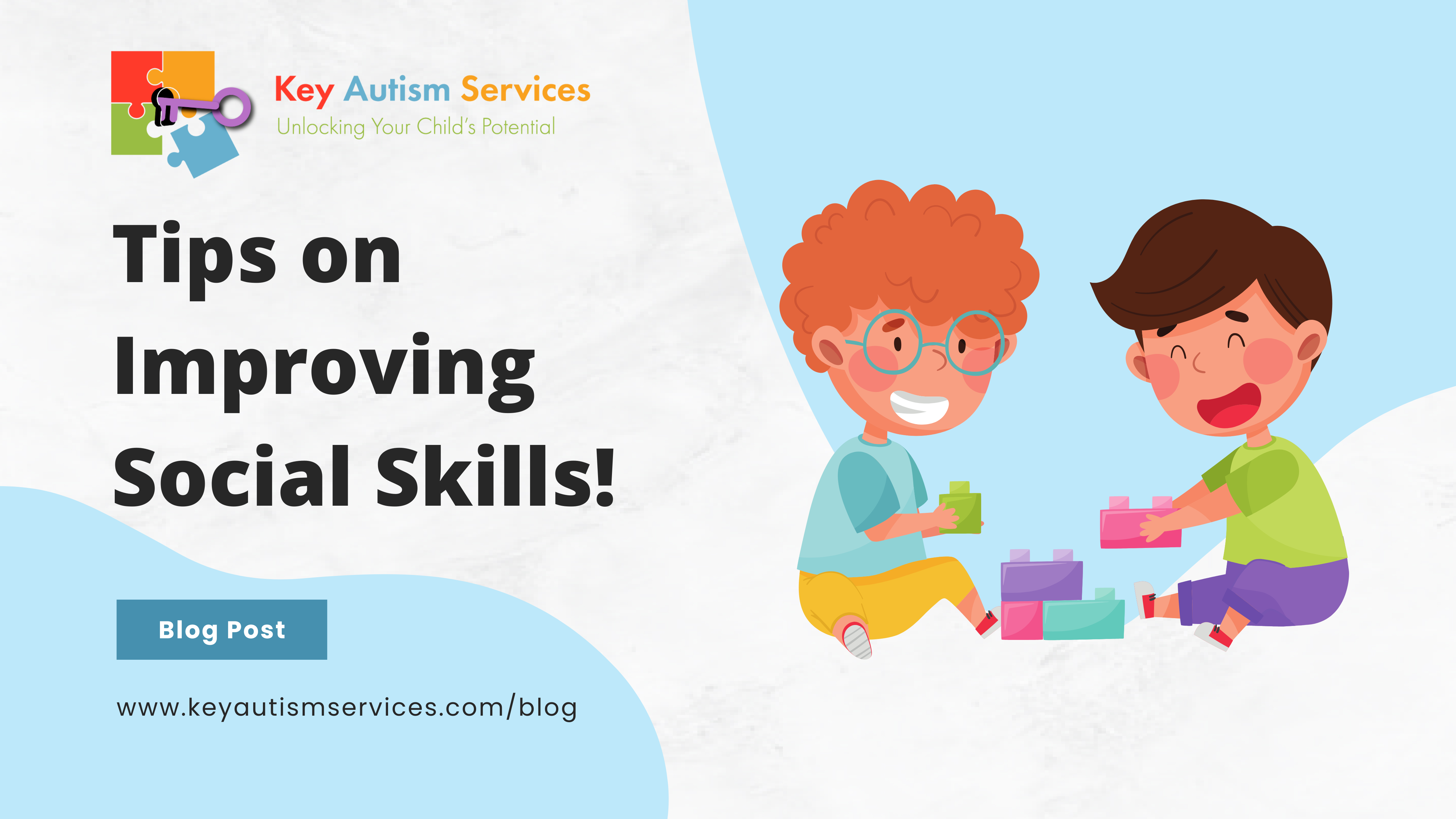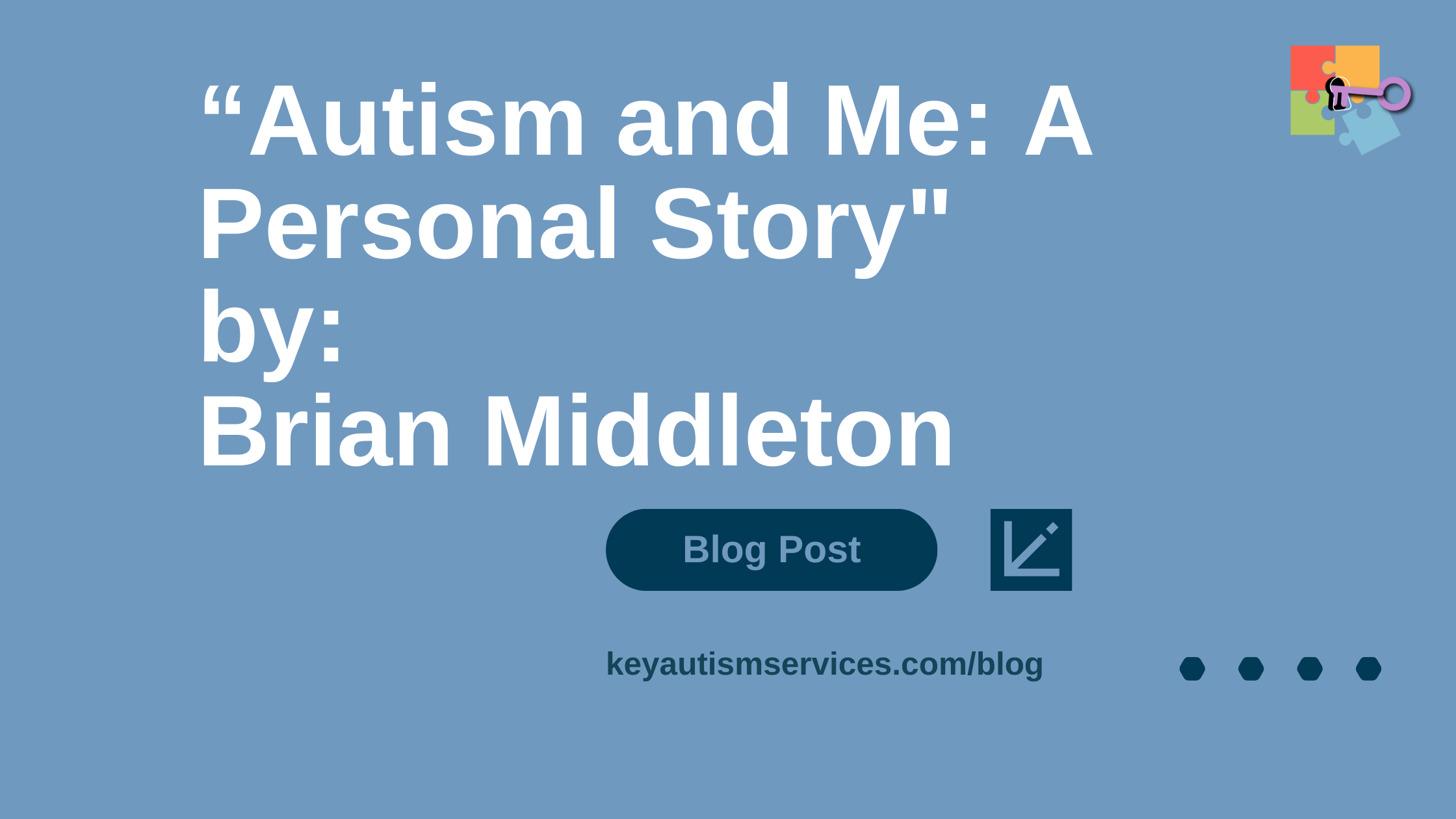Social skills are an integral part of any individual’s life – regardless of age, gender, race, or culture. Social skills include initiating and responding to interactions with others by communicating thoughts and ideas, expressing oneself to others, sharing and turn taking – _whether in games or conversations, taking another person’s perspectives, reading verbal and non-verbal cues of others, participating actively in an activity or conversation, etc.
Social functioning is one of the critical areas of deficits for an individual with autism spectrum disorders. This domain makes or breaks the quality of life and hence is a significant one that needs to be addressed. It is also a domain that can positively improve and enrich everyone’s lives, regardless of the age and ability of the individual.
When working with individuals with autism or anyone with special needs, we should first consider assessing the deficits of the individual using different available assessments such as Socially Savvy, using an open-ended assessment, Triad Social skills, etc. Consult with your BCBA to learn more about these assessments. Upon completion of an assessment to determine the deficits, goals are developed and the training to improve Social Skills can begin.
What Does Social Skills Training as a Behavioral Therapy Intervention Involve:
– Priming the individual on what an acceptable and enjoyable social event would include: initiating greetings, responding to greetings, answering, and asking questions, sharing, turn-taking, perspective taking, etc.
– Discussing social rules such as keeping hands to self, politely responding, taking turns, sharing, stopping when asked to, etc.
– Modeling these important concepts with the individual
– Providing supports that may be needed to support and reinforce the concepts: Video modeling, Textual prompts/scripts to practice, picture cues, and social stories.
– Practicing the skills in role-play
– Providing feedback and correcting errors accordingly
– Practicing at least a few more times to ensure that the skills are progressing
– Providing opportunities for social interactions with age-appropriate peers
– In a larger crowd such as at the playground or other group settings, shadowing enough to redirect and guide the individual to engage in the practiced social skills
– Respecting space, privacy, and dignity of the individual by allowing him or her to try first and then gently providing the feedback without causing any kind of embarrassment (addressing the incorrect responses in front of others or stopping the individual from doing or saying something incorrectly)
Do not forget to reinforce positive responses and behaviors whether during practice or in a real-life event. Adults can follow these steps as well.
Here are a few more items to consider:
– Determining topics that the adult prefers to talk about
– Developing the goals, the adult with autism wants to achieve
– Prioritizing those goals and deciding targets to achieve incrementally
– Priming the adult on social etiquette can include but is not limited to initiating a conversation, allowing others to talk, what back and forth conversations mean, understanding the non-verbal cues, staying on topic without digressing, being able to change the topic as necessary, being polite with comments or questions, understanding body language and facial expressions of the conversation partner and how to respond accordingly.
– Practicing via role plays, providing corrective feedback, and practicing again
– Providing social opportunities such as going on a date, going to a movie or concert with others, having a meal at a restaurant with others, etc.
– Continuously practicing social skills in the natural environment will eventually help achieve the set goals.
– Reinforcing any achievements small or big! It can be tough but not impossible.
We hope these tips help you in your journey. Please reach out to your ABA team at Key Autism Services with questions, support, and to help maximize your child’s social skills.






